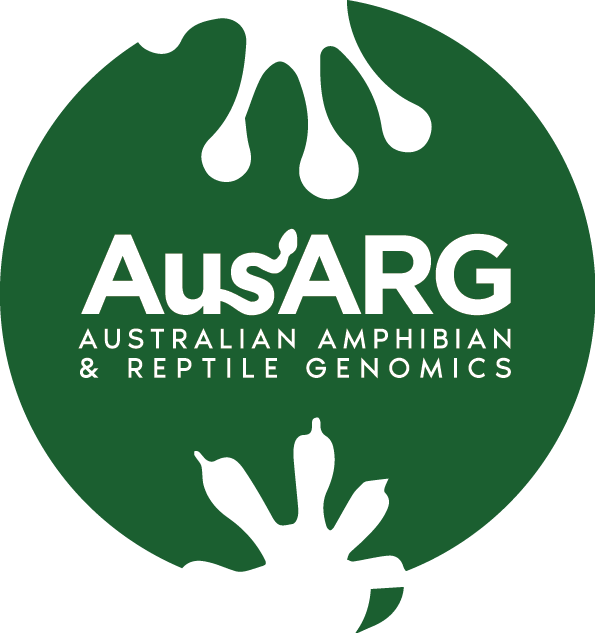Pig-nosed turtle genome
The pig-nosed turtle (Carettochelys insculpta) is a relict species of a family once widespread through Asia, Europe and North America. As the sole remaining species of its family, it represents a lineage of considerable antiquity (at least 80 My). It is found on a very restricted range, in the northernmost river systems of the Northern Territory of Australia and in southern lowlands of New Guinea.

Carettochelys is a soft-shelled turtle. It differs from its sister taxon, the Trionychidae in many important respects, not least of all its mode of sex determination. Restricted but locally abundant, it is representative of a lineage poorly-studied genomically, but has been subject of intensive study of reproductive biology.
Pig-nosed turtles are considered vulnerable by the IUCN Red List and are a CITES Appendix II species. This species has also experienced strong pressure due to over-harvest as a food source.
Project coordinator:
- Arthur Georges (University of Canberra)
- Matt Young (University of Canberra)
Project collaborators:
- H. Bradley Shaffer (UCLA)
References cited:
- Ramsay, E.P. 1886. On a new genus and species of fresh water tortoise from the Fly River, New Guinea. proceedings of the Linnaean Society of New South Wales. (2)1:158-162.
Resources:
- Atlas of Living Australia: Carettochelys insculpta
